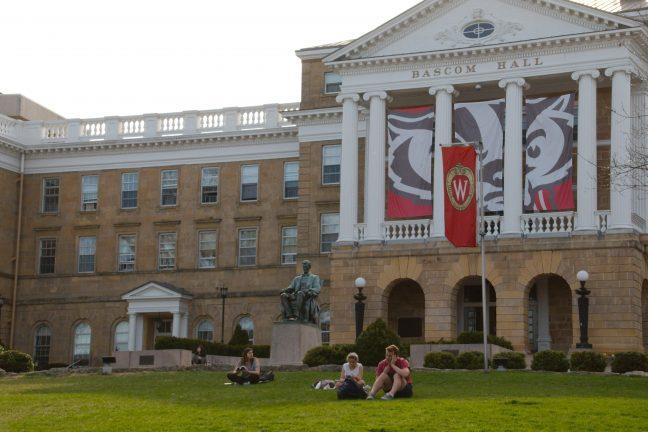As the Trump administration increases efforts to deport convicted Hmong people living in the U.S., the Hmong community in Wisconsin is left facing a crisis.
The Hmong are originally from Laos, and immigrated to the U.S. as refugees during the Vietnam War. Now, the majority of the Hmong community lives in the U.S. as citizens or green card holders who have lived in America their whole lives.
There are an estimated 4,500 Hmong people who have deportation orders against them for committing a crime. These deportation orders can stay in effect for decades, despite the fact that many have already served their time.
As the coronavirus spreads to Madison, so does discrimination against Asian-Americans
Many of those against this move by the Trump Administration have stated that by deporting Hmong people living in the U.S., they would be deporting people who have no real cultural ties to their country of origin. According to Ka Lo, the first Hmong woman to be elected into the Marathon County Board in Wausau, Wisconsin, Trump’s administration would be ripping apart American communities as many of the Hmong have lived in the U.S. their whole lives.
In Wisconsin, Democrats in the state legislature have promised to introduce a resolution condemning the Trump administration’s efforts. Congresswoman Betty McCollum, a Minnesota Democrat, said she will introduce legislation this week that would stop Hmong deportations.
Gov. Tony Evers sent a letter to Secretary of State Mike Pompeo on Feb. 13 in direct opposition to the Hmong situation, and urged the Trump administration to consider the toll this process is taking on the entire Hmong community.
“Because there’s no information [from official sources], it creates this fear,” Yee Leng Xiong, director of Wausau’s Hmong American Center, said. “It’s a fear of the unknown.”
In response to the threat of Hmong deportations, the University of Wisconsin and UWPD have stated they don’t have any jurisdiction to get involved. As such, attempts to preserve the Hmong community in Wisconsin would have to be a state-wide effort at the very least.
The fact remains, however, that Trump won over Wisconsin in the 2016 election. Moreover, Wisconsin is controlled by a Republican-majority State Senate. Even with Evers’ support for the Hmong people, it is less certain that the Hmong people are safe from the whims of the Trump administration.
Wisconsin must introduce legislation that immediately and permanently protects Hmong families from being ripped apart. Trump’s xenophobic efforts to reduce the number of immigrants in the U.S. cannot be taken lightly. Considering this in addition to the current fiasco involving the detaining of Mexican-Americans, the U.S. has become more and more accepting of Trump’s staunch anti-immigration stance. If swift action is not taken to prevent this from happening, the U.S. runs the risk of losing a long historical tie with the Hmong people.
Constitution should be interpreted as written, not as public opinion changes
Many Hmong residents in Wisconsin already do not feel welcome on the UW campus, as researchers found in a survey of 27 Hmong students, all of whom stated they felt excluded in white-dominated areas on campus. Perpetuating this idea that the U.S. — and in turn, UW — doesn’t welcome the Hmong community runs the risk of excluding an entire group from the UW.
The Hmong community doesn’t deserve their future to be so uncertain. Their place in America is a permanent one, even as politics change across the nation. It is imperative the U.S. accepts the intertwined history of America and Hmong people and takes action to protect its own citizens.
Samiha Bhushan ([email protected]) is a freshman studying neurobiology and English literature.














